ePrivacy Regulation
Filter resources
-
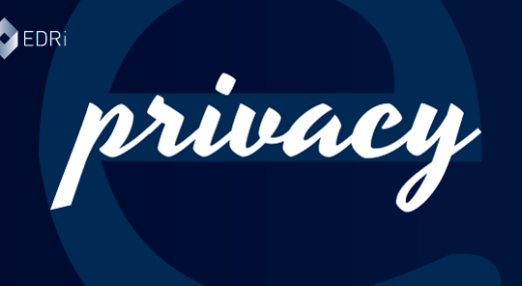
EU Member States fight to retain data retention in place despite CJEU rulings
EU Member States are still working to adopt their position on the ePrivacy Regulation proposed by the European Commission in January 2017. A number of draft compromise texts have been published by the Council Presidency before discussions in the Working Party on Telecommunications and Information Society (WP TELE).
Read more
-
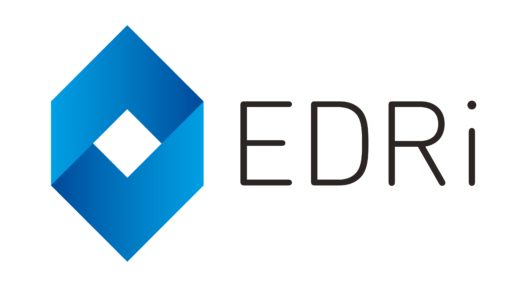
ePrivacy: Civil society letter calls to ensure privacy and reject data retention
On 23 April 2017, EDRi, together with other civil society organisations, sent a follow up to our previous open letter to the permanent representations of EU Member States in Brussels. The letter highlighted the importance of the ongoing reform of Europe’s ePrivacy legislation for strengthening individuals’ rights to privacy and freedom of expression and for rebuilding […]
Read more
-

Cambridge Analytica access to Facebook messages a privacy violation
Less than one month after Cambridge Analytica Whistleblower Christopher Wiley exposed the abuse of (so far) 87 million Facebook users’ data, Facebook Co-Founder, Chairman, and CEO Mark Zuckerburg testified before the US Congress.
Read more
-
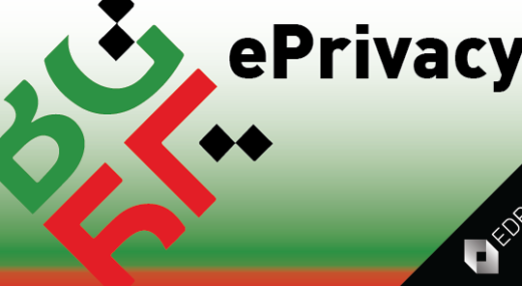
ISOC BG: Big speeds, Big Brother, big Bulgarian activism
In this blogpost published on the occasion of the 15th anniversary of EDRi we present our member ISOC Bulgaria.
Read more
-
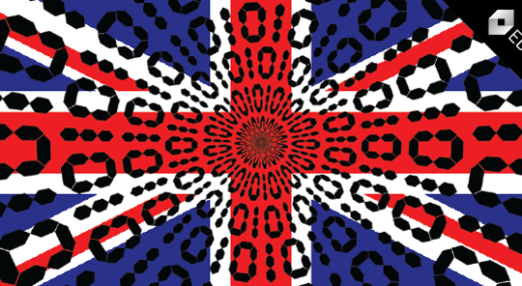
FIPR: Advocacy against the ‘Database State’
In this blogpost published on the occasion of the 15th anniversary of EDRi we present our member FiPR.
Read more
-

AptiRo, EFN & Alternatif Bilisim: Digital rights around Europe
In this blogpost published on the occasion of the 15th anniversary of EDRi we present our members AptiRO (Romania), EFN (Norway) and Alternatif Bilism (Turkey)
Read more
-
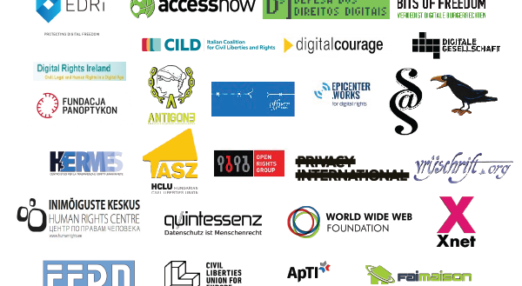
ePrivacy reform: Open letter to EU member states
Today, 27 March 2018, EDRi, together with other civil society organisations, sent an open letter to all attachés working on the ePrivacy reform for the permanent representation of EU Member States in Brussels. Open letter to European member states on the ePrivacy reform 27 March 2018 Dear Minister, Dear Member of the WP TELE, We, […]
Read more
-
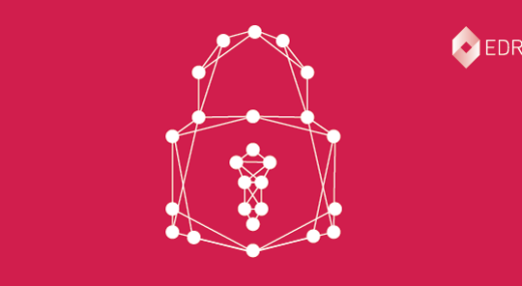
EU Council indecision on ePrivacy is bad for Europe
In 2017, the United States National Telecommunications and Information Administration (NTIA), which is part of the Department of Commerce, warned of the “chill on discourse and economic activity” caused by privacy and security fears.
Read more
-

EU Commission’s Recommendation: Let’s put internet giants in charge of censoring Europe
On 1 March 2018, the European Commission proposed a "Recommendation" on the surveillance and filtering of the internet by online companies.
Read more
-
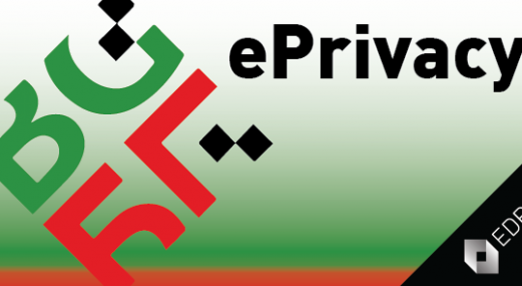
The Bulgarian EU Council presidency & the latest assault on ePrivacy
In January 2018, the Bulgarian Presidency of the Council of the European Union (EU) picked up where the Estonian Presidency left off on the ePrivacy Regulation. It issued two examinations of the last Estonian “compromise” proposal and asked national delegations for guidance on some issues. Together, the documents cover most of the key points of […]
Read more
-

ePrivacy proposal undermined by EU Member States
The discussions on the ePrivacy Regulation continue in the European Union (EU) legislative process. They were on hold for a few weeks because of ongoing negotiations on the European Electronic Communications Code (EECC) – another big “telecoms” file that the Council of the European Union is working on.
Read more
-

e-Privacy: What happened and what happens next
With the vote on the mandate for trilogues in the European Parliament Plenary session of 26 October 2017, the European Parliament confirmed its strong position on e-Privacy for the following inter-institutional negotiations, also called trilogues.
Read more
